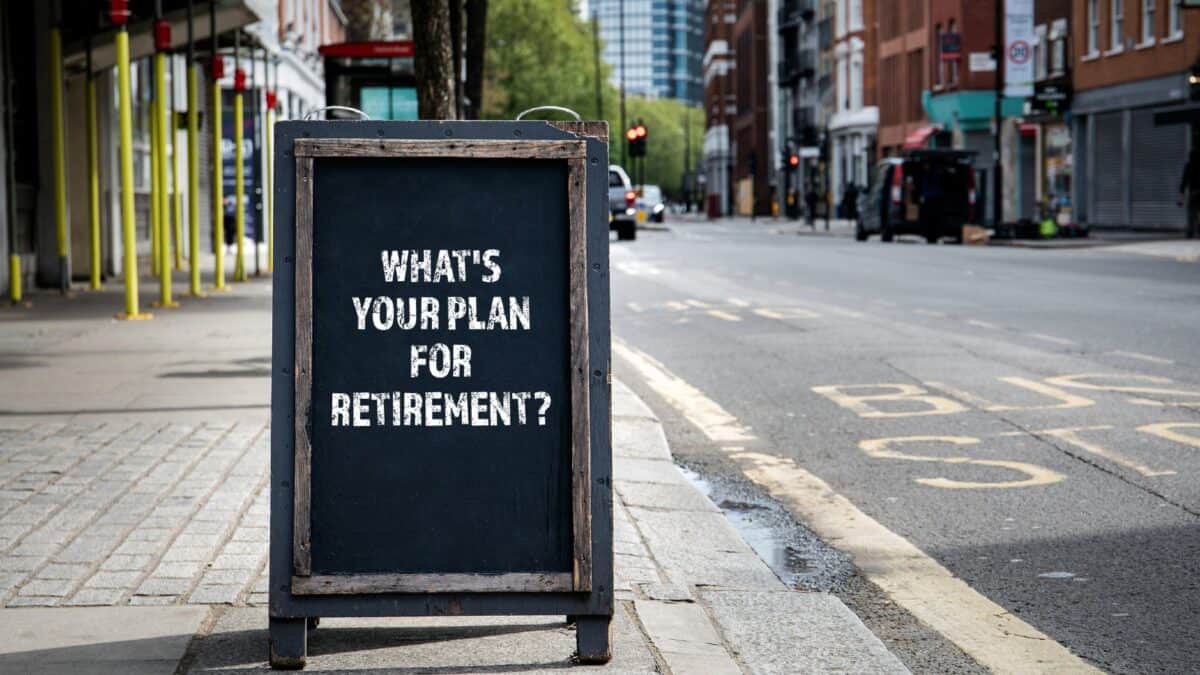FTSE 100 shares are a brilliant way of generating passive income to top up my State Pension when I retire, and there are some great yields around today.
Asset manager abrdn (LSE: ABDN) has had a rough ride lately with its share price falling 43.47% over five years and 18.89% over three. In the last year it has climbed just 3.01%. Yet it offers a fabulous yield of 7.34%.
Pharmaceuticals firm GSK (LSE: GSK) is down 17.44% over three years and 22.4% over 12 months, but its yield has ticked up to 4%. There are juicier dividends out there, with a dozen FTSE 100 stocks now paying more than 7% a year, but I have no direct exposure to the healthcare sector and GSK would diversify my portfolio nicely.
I’m investing for income
So what if I split my full £20,000 Stocks and Shares ISA limit between these two income stocks?
Investing £10k in abrdn at today’s share price of 202p would give me 4,950 shares. For the last three years, the company has paid a dividend per share of 14.6p. Assuming it does the same in 2023, my shares would give me income of £723 over the year.
Dividends are never guaranteed, and given abrdn’s share price slippage, its dividend looks vulnerable. Analysts forecast it will dip to 14p per share in 2023. If correct, that would reduce my income to £693. Still pretty good from a £10k stake.
If I invested my other £10k in GSK at today’s price 1,396p, I’d get 716 shares. Last year, after the company hived off consumer healthcare arm Haleon, management cut the dividend per share from 80p to 44p.
At that rate, my shares would give me income of £315. Combined, my £20,000 ISA purchase would generate £1,038 a year, based on 2022 figures.
However, GSK has said it plans to raise its annual dividend to 56.5p in 2023, which would lift my income to £405. Combined with the abrdn dividend forecast of 14p, my total income would be £1,098 in 2023.
I’d only buy one of them
abrdn has been hammered by stock market volatility, which hit customer inflows and assets under management. It made a full-year pre-tax loss of £651m in 2022, down from a profit of £1.1bn a year earlier.
Despite its recent troubles, it trades at a surprisingly pricey 18.9 times earnings. Worryingly, its forecast dividend is only covered 0.7 times by earnings, so management has to dip into its coffers to pay it. Analysts still expect it to come through, but if stock market woes continue, it may come under pressure.
By contrast, GSK’s dividend is covered 2.6 times by earnings, and as we’ve seen, it looks set to increase this year. The pharma stock looks potentially better value too, trading at 10 times earnings. If management delivers on its drugs pipeline promises, the share price could grow nicely over the long term. Growth is no more guaranteed than dividends, though.
While I don’t hold any pharmaceutical stocks, I do have exposure to asset managers through Legal & General Group and M&G. I will add therefore GSK to my portfolio over the summer, but give abrdn a miss.








